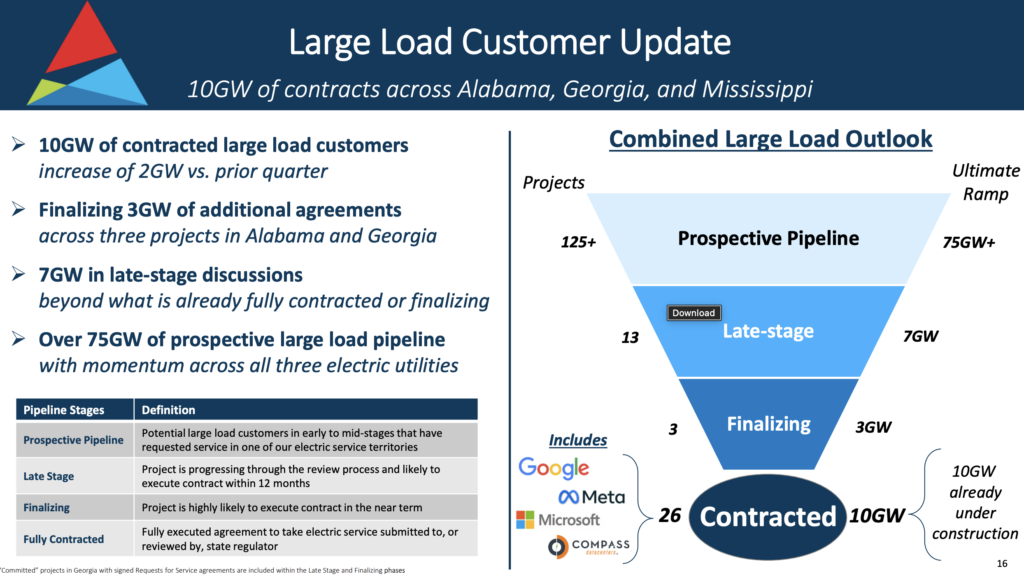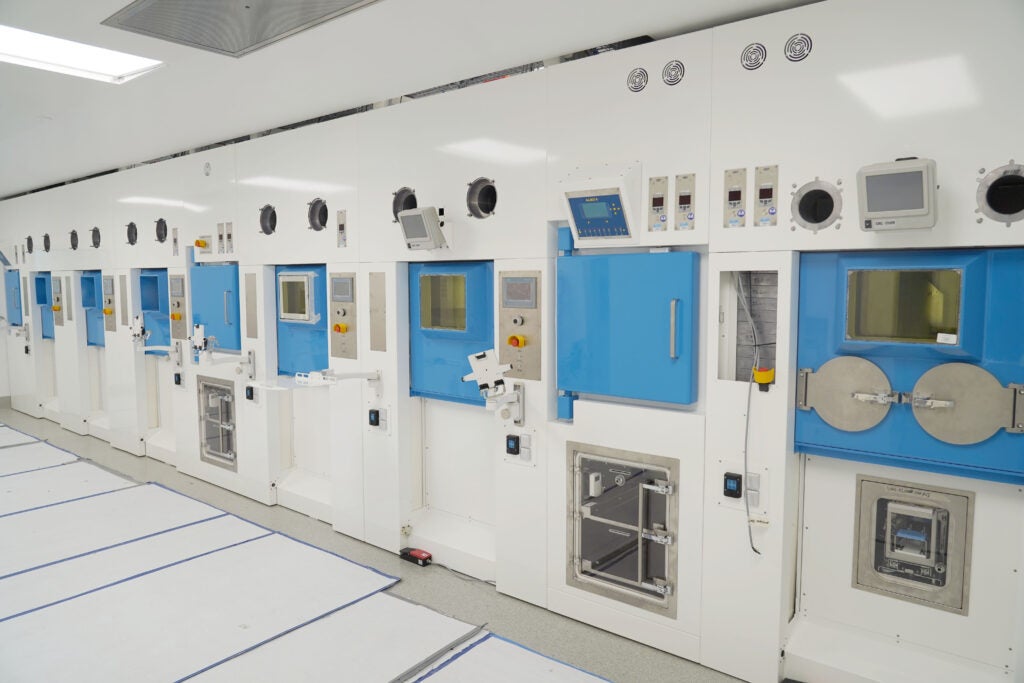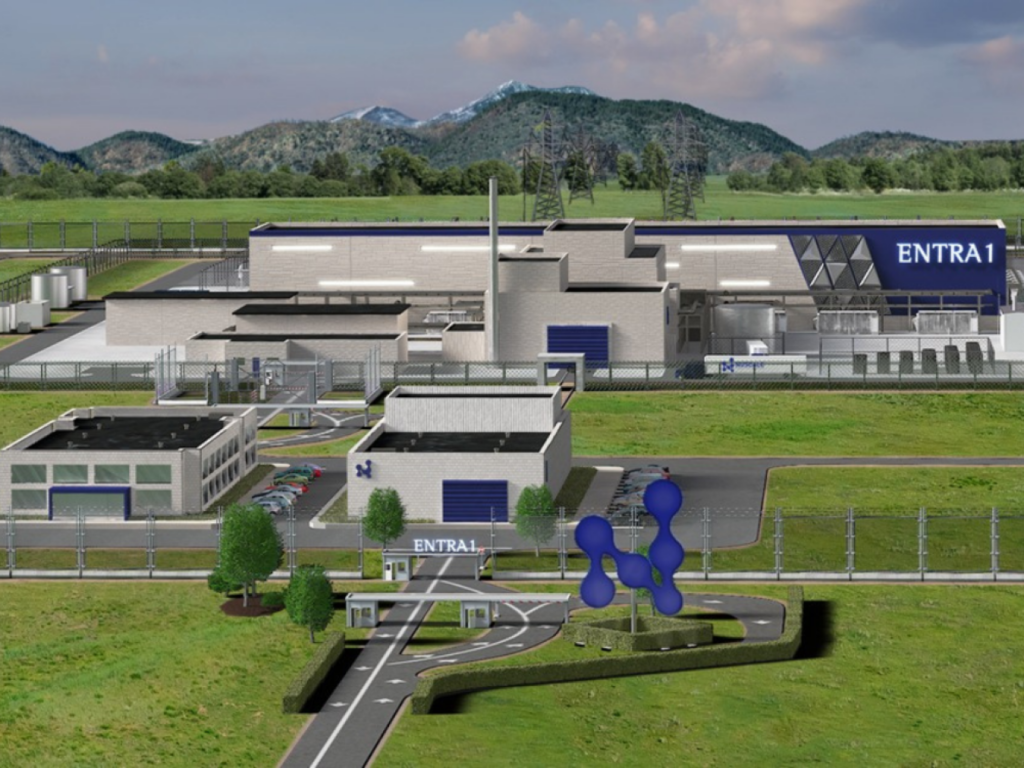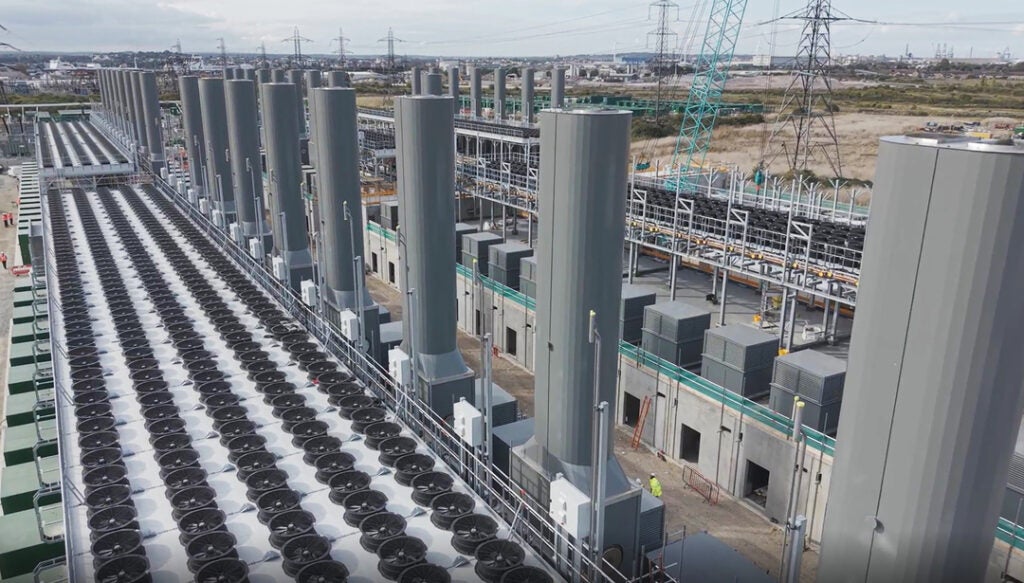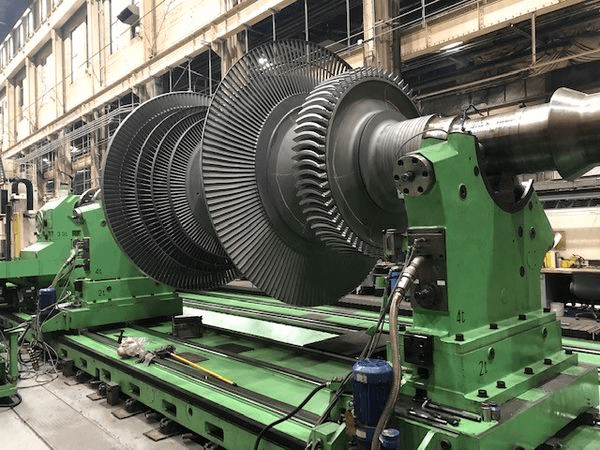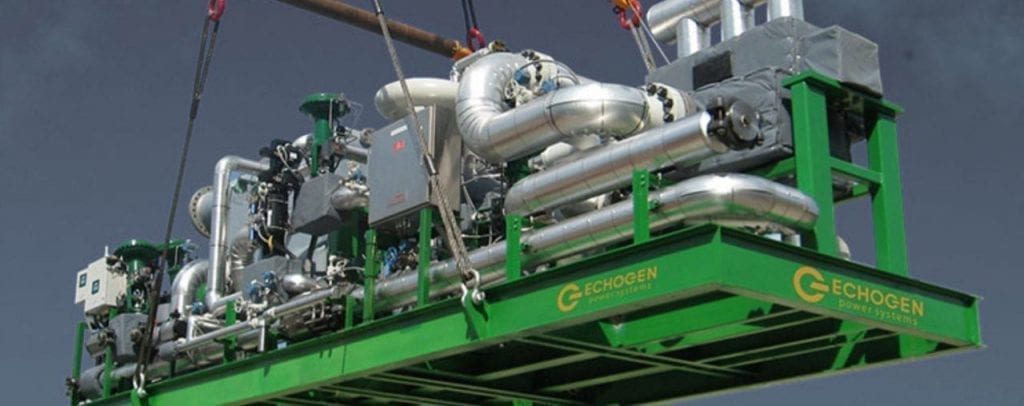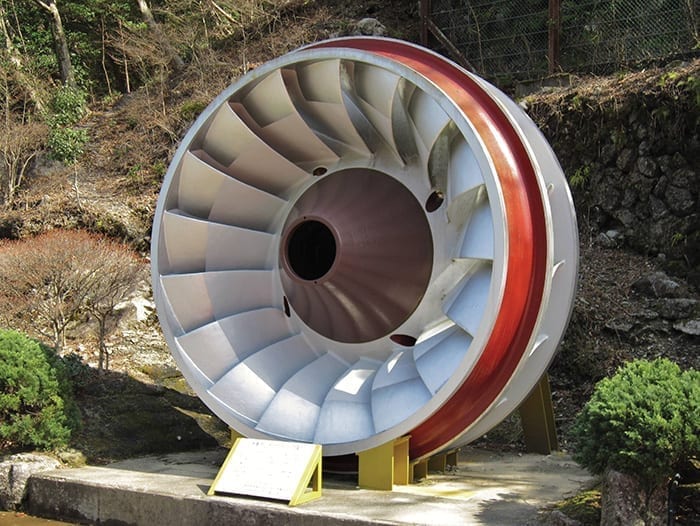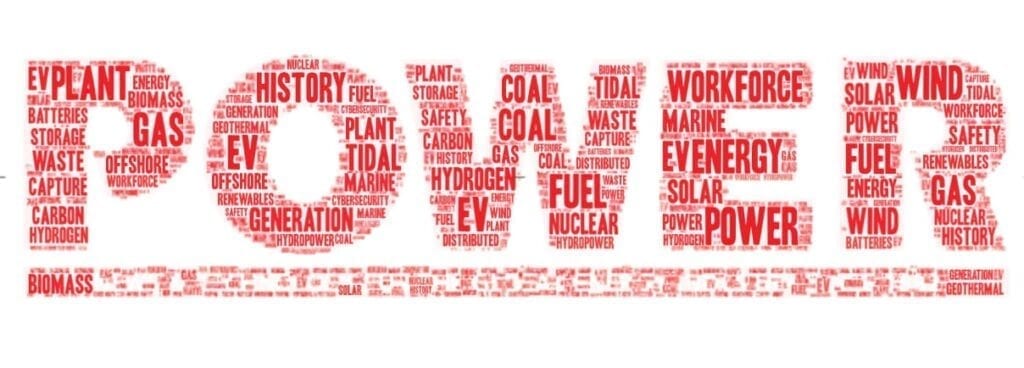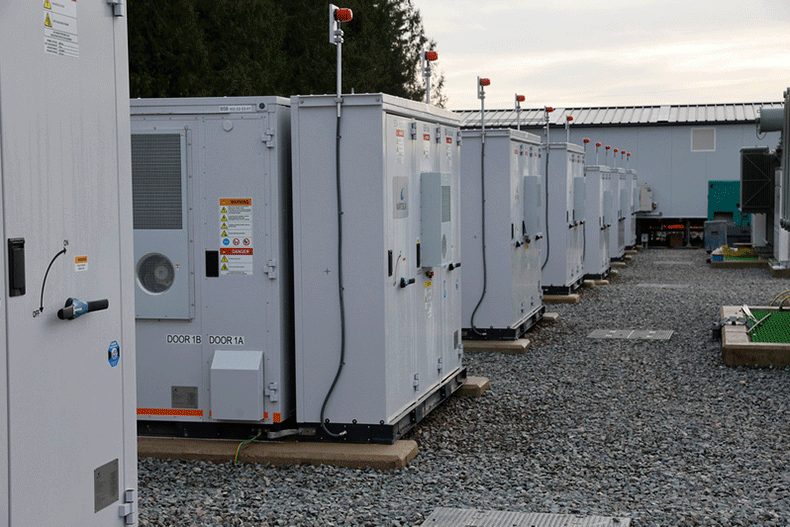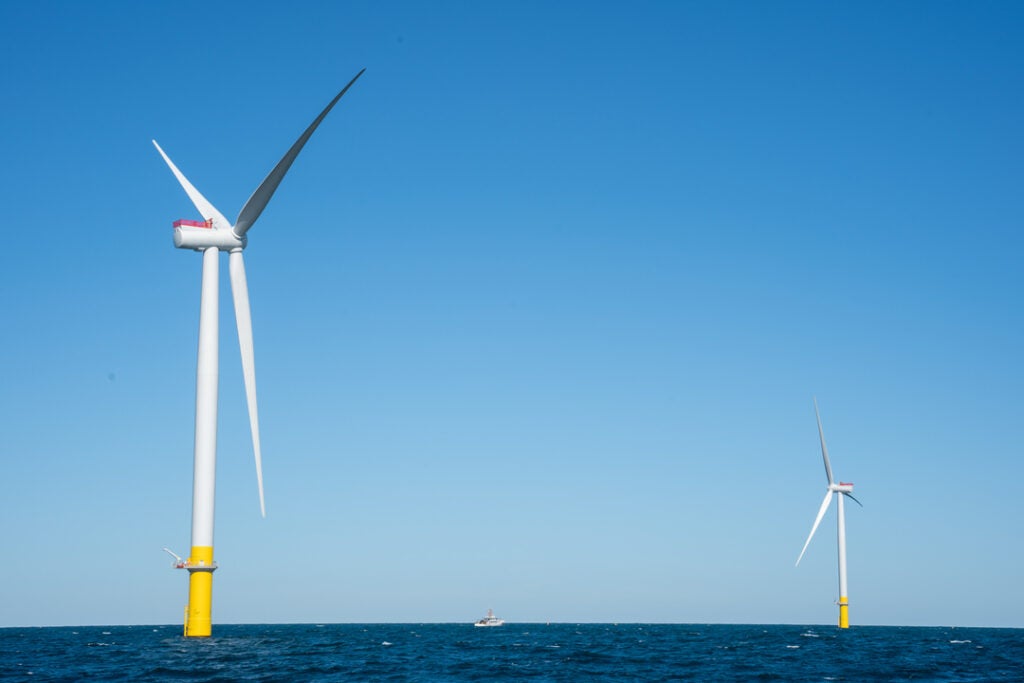Vattenfall Inaugurates Scandinavia’s Largest Offshore Wind Farm. Vattenfall on Sept. 6 said it inaugurated the 604-MW Kriegers Flak facility, a new offshore wind farm that is located in the Baltic Sea, 15 to 40 kilometers (km) off the coast of Denmark. The wind farm, which covers an area of 132 square km and involved laying of 170 km of underwater cables, is Denmark’s and Scandinavia’s largest offshore wind farm to date. The Danish parliament gave the project its green light in 2012. Vattenfall put the first foundation in place in May 2020, and it installed the first of its 72 Siemens Gamesa SG 8.0-167 DD wind turbines at the beginning of this year. Siemens Gamesa said it safely installed all 72 turbines ahead of schedule despite the pandemic.
Unit 2 of Barakah Nuclear Plant Successfully Starts Up. Unit 2 at the Barakah Nuclear Energy Plant in the Al Dhafra Region of Abu Dhabi Emirate, United Arab Emirates (UAE), successfully started up on Aug. 27, five months after the nuclear plant’s first unit began commercial operations, said its owner Emirates Nuclear Energy Corp. (ENEC). Nawah Energy Co., a nuclear operations and maintenance joint venture between ENEC and the Korea Electric Power Corp. (KEPCO), lauded the achievement as indicative of “significant progress” to bring the four units at the plant online. “This key milestone marks the point at which the Barakah Plant has become the region’s first multi-unit operating plant, further powering the nation’s economic growth with more clean, reliable and abundant electricity,” the company said. When fully operational, the four units of the plant will have a total capacity of 5.6 GW.
TNB Developing 300-MW Hydropower Plant in Malaysia. Malaysian utility Tenaga Nasional Bhd’s (TNB’s) wholly-owned subsidiary, TNB Power Generation Sdn Bhd, has received notification from the nation’s Ministry of Energy and Natural Resources to develop a 300-MW hydroelectric power plant in Kelantan. In a filing on Sept. 7, the utility said the project will be built by a new wholly-owned subsidiary, TNBPG Hydro Nenggiri Sdn Bhd. TNB estimated the project will take five years to complete. Its expected commercial operation date is June 1, 2027, the company said. The plant will provide a substantial boost to TNB’s existing installed hydropower capacity of 2.5 GW. Over the last 72 years, TNB has operated only three hydropower dam facilities: the 1.2-GW Sungai Perak Scheme; the 622-MW Cameron Highlands Scheme; and the 665-MW Kenyir Scheme. Currently, hydropower accounts for 18% of TNB’s Peninsular Malaysia’s generating capacity. Coal power represents 45.6% and gas power 35.9% of its total capacity. The company, which has assets across the world, says it embraces a low-carbon economy, and will support renewables and energy efficiency as part of its efforts to reduce greenhouse gas emissions.
X-Energy Creates Dedicated TRISO Fuel Subsidiary. X-energy, a U.S.-based developer of the Xe-100 Generation IV advanced reactor, in mid-August moved to operate its fuel division as a wholly-owned subsidiary called TRISO-X. The division will commercially develop the company’s proprietary tristructural isotropic (TRISO) fuel for the burgeoning advanced nuclear energy sector. Pete Pappano, X-energy’s vice president of fuel production, will lead the new company as its president. X-energy has reported it is ready to begin commercial production of TRISO after years of refining its TRISO fabrication processes. The newly launched division TRISO-X is poised to break ground on a commercial facility to meet an Xe-100 deployment schedule that anticipates at least four Xe-100 modules coming online in Washington state by 2027. Plans are also underway for a second fuel fabrication facility in Canada to serve the Canadian market. The move caters to Ontario Power Generation’s (OPG’s) decision to build a small modular reactor (SMR) at its Darlington Nuclear Station in Clarington, Ontario, as early as 2028. OPG last year kicked off advanced engineering and design work for that project by choosing three SMR developers: GE Hitachi, Terrestrial Energy, and X-energy. However, while the utility says it hasn’t yet “absolutely decided it’s going to be one of those three,” it anticipates picking an SMR vendor for Darlington at the end of this year.
Siemens Energy, CTCI Win Contract to Build 1.1-GW HL-Class Gas Plant in Taiwan. A consortium of Siemens Energy and Taiwanese engineering, procurement, and construction company CTCI Corp. on Sept. 7 announced they will build the 1.1-GW Sun Ba Power Phase II Combined Cycle Power Plant in southwestern Taiwan for independent power producer Sun Ba Power Corp. The project, which will be fired with regasified liquefied natural gas, will use Siemens HL-class technology. Sun Ba II is designed as a multi-shaft combined cycle power plant, in which two gas turbines and one steam turbine each drive their own electrical generators. Siemens’ scope of supply includes the plant’s power island, consisting of two SGT6-9000HL gas turbines, one SST-5000 steam turbine, three SGen6-2000P generators, two heat recovery steam generators, and the SPPA-T3000 control system. Siemens Energy will also provide long-term service for the plant’s core components. Slated to come online in mid-2024, the plant is expected to become “an important building block in Taiwan’s energy transition,” which aims to shift from coal and nuclear power to environmentally friendly gas-fired power plants and renewable energies.
Court Invalidates Permit for Germany’s Youngest Coal Plant. Datteln 4, a 1.1-GW coal plant in Germany’s North Rhine-Westphalia region that was commissioned in May 2020, was built and began operating despite an invalid development plan, a German higher administrative court ruled on Aug. 26. But while the ruling pitches a victory to the case’s plaintiffs, which include an environmental group and the city of Waltrop, it does not prohibit operation of the plant, which is a modern power plant that boasts an efficiency of more than 45%. However, the court noted legal proceedings against the plant’s operating unit are currently underway at another higher administrative court. Uniper has said it still holds the view that the permit is legal, and unless legally compelled, it has no intention of closing the plant. In an earnings call on Aug. 11, Uniper CEO Klaus-Dieter Maubach told investors his company plans to take the plant offline by the end of 2038 in line with Germany’s coal phase-out law. “Recently, in its new climate protection law, the German government has materially increased the greenhouse gas reduction target for 2030,” he noted. “For the energy industry, this means the old reduction path from 257 million tonnes in 2020 down to 175 million tonnes in 2030 has now been decreased further, even down to 108 million tonnes in 2030. If a new German government wants to talk about the coal phase-out again in this context, then we are prepared to talk. Of course, such talks need to cover the question of compensation as well,” he said.
—Sonal Patel is a POWER senior associate editor.


